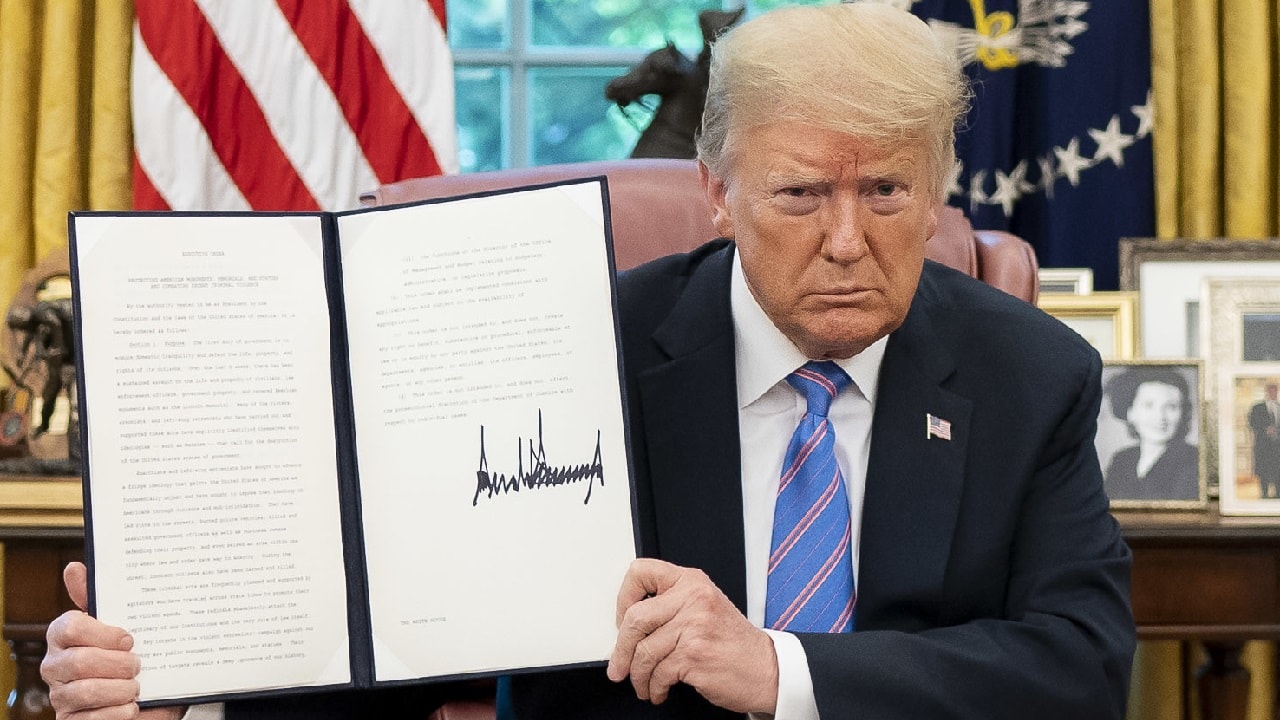What is next for Donald Trump?
The House’s January 6 panel delivered four criminal referrals against the former president on Dec. 19. The U.S. Department of Justice could also act soon. The DOJ has a special counsel that could take the congressional panel’s recommendations to the existing grand jury, which could officially indict Trump on one or more of the charges.
The grand jury has already delivered subpoenas to employees of the Trump administration and campaign.
The House panel made criminal referrals recommending the following charges: Obstruction of an official proceeding; conspiracy to defraud the United States; conspiracy to make a false statement; and inciting, assisting, aiding, or comforting an insurrection.
The Need for Overwhelming Evidence
These charges from Congress are symbolic and carry no legal weight. But this is the first time that Congress has made a legal recommendation against a former president concerning allegations of broken laws. Criminal prosecutors will get to examine the January 6 committee’s final report, which is due to be released on Dec. 21. (A summary of the report has already been released.) The many pages of documents and witness testimony collected by the committee will be presented to the grand jury.
The grand jury could subpoena additional witnesses and compel them to answer questions. Some of potential interviewees already pleaded Fifth Amendment protections to not incriminate themselves during the House hearings.
Prosecutors could also grant immunity to witnesses, allowing them to be considered unindicted co-conspirators in exchange for offering more damaging testimony and evidence against Trump. The grand jury could allow search warrants once they establish probable cause based on the findings from the January 6 committee.
Prosecutors do not want to appear political, and that is why the attorney general appointed Jack Smith as an independent special counsel. No prosecutor recommends an indictment unless there is overwhelming evidence that would safely bring a win at trial.
Was There Criminal Intent?
The prosecutor would also have to show that Trump had criminal intent during the lead-up to the January 6 riots. Trump’s defense attorneys will likely say that Trump was exhibiting his First Amendment rights to give a speech to his supporters that day, and that at least one of his tweets during the violent demonstrations called for “peace” and no illegal action against law enforcement.
Trump’s supporters and the former president himself have called the January 6 committee activities a “witch hunt” and “Soviet-style show trial.” Trump is often defiant and impervious to legal jeopardy. He has posed as a victim of what he believes are politically motivated and partisan attempts to discredit his presidency and derail his candidacy for the 2024 nomination.
Texts and Emails Are Critical
One type of evidence that could hurt Trump legally and politically would be specific text messages, call records, and emails. If the Committee has these and hands them over, the communications could make a strong case that there was a criminal conspiracy to commit the crimes alleged in the referrals. Such electronic evidence could also show criminal intent.
The electronic evidence is something that Trump and his employees in the administration should worry about. These texts and emails would likely be candid, as such communications would have been considered private and not part of any investigation after the 2020 election. If they show criminal intent, Trump could fall under indictment.
This would likely hurt his standing with the independent voters that he would need to support his run in the general election. It could also affect the way Republicans vote in the primary.
More: MAGA Needs To Move on From Donald Trump
More: Would Putin Dare Use Nuclear Weapons in Ukraine?
More: Putin’s War Machine Won’t Fight in Ukraine?
Expert Biography: Serving as 19FortyFive’s Defense and National Security Editor, Dr. Brent M. Eastwood is the author of Humans, Machines, and Data: Future Trends in Warfare. He is an Emerging Threats expert and former U.S. Army Infantry officer. You can follow him on Twitter @BMEastwood. He holds a Ph.D. in Political Science and Foreign Policy/ International Relations.

